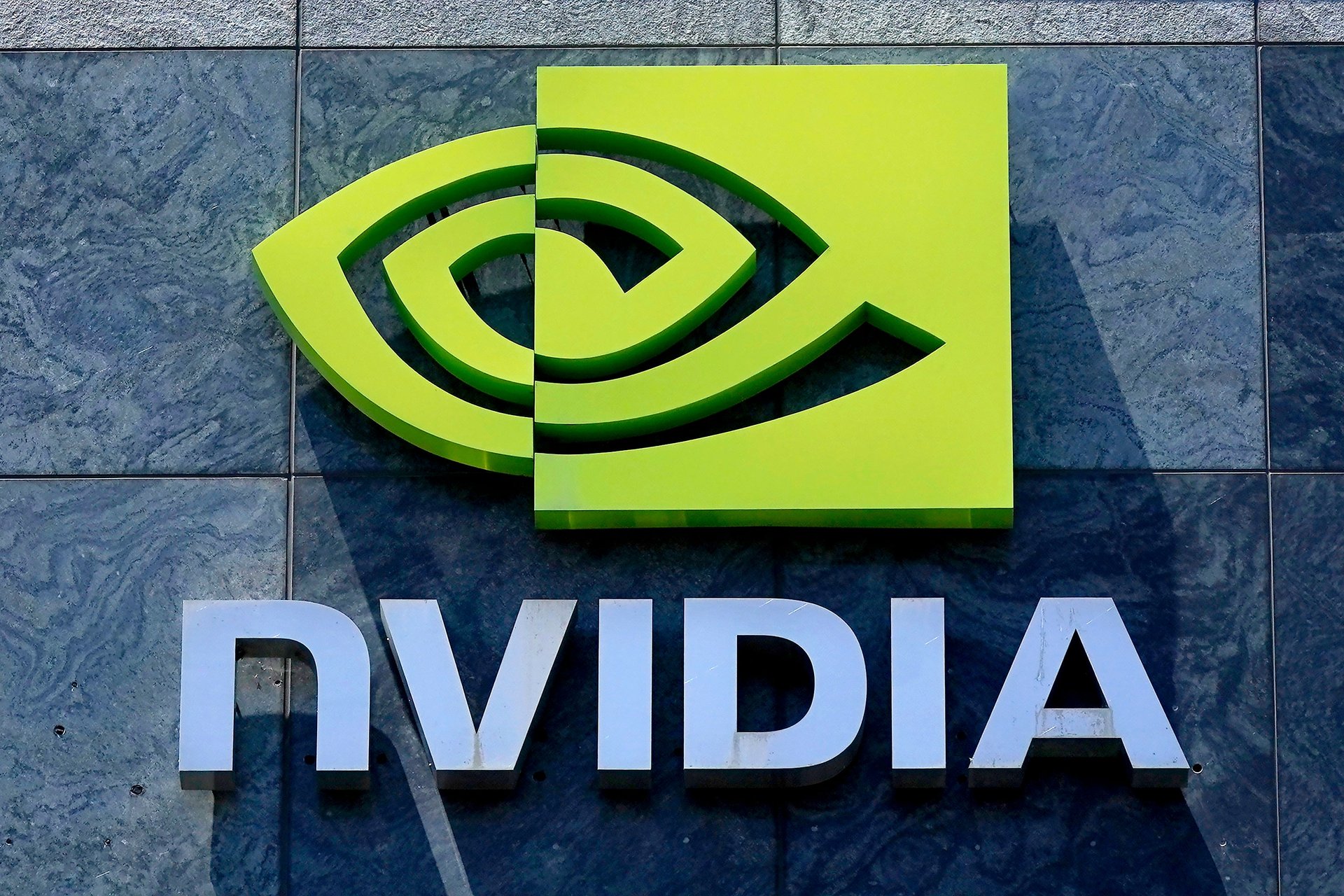Nvidia is using more Samsung chips as it struggles to meet AI demand
The chipmaker approved a version of Samsung's fifth-generation high bandwidth memory chips for use, Reuters reported

Nvidia might be a dominant force in the market for artificial intelligence chips, but it’s struggling to meet soaring demand, and reportedly turning to Samsung to supply a key part of its chipset.
Suggested Reading
A version of Samsung’s fifth-generation high bandwidth memory (HBM) chip has been approved by Nvidia’s tests to be used in its AI chips, Reuters reported, citing unnamed people familiar with the matter. A supply deal for the eight-layer version of the chip, called HBM3E, reportedly hasn’t been signed yet, but supply is expected to start by the fourth quarter of this year. Meanwhile, the 12-layer version of the chip reportedly hasn’t been cleared for use by Nvidia yet. Samsung’s HBM3E and fourth-generation HBM3 chips have reportedly failed Nvidia’s tests due to issues with heat and power consumption.
Related Content
Samsung is one of the only main manufacturers of HBM chips in the world, alongside SK Hynix and Micron. SK Hynix already has a partnership with Nvidia as its main supplier of HBM chips, which combined with Nvidia’s graphics processing units (GPUs), are used for training leading generative AI models. However, a shortage of memory chips has slowed Nvidia’s production of AI chips, so turning to Samsung could help with its supply.
Samsung “is in the process of optimizing our products through close collaboration with various customers, with testing proceeding as planned,” a spokesperson said in a statement shared with Quartz. Nvidia declined to comment.
Meanwhile, Nvidia has reportedly approved Samsung’s HBM3 chip for use in its specially-designed H20 chip for the Chinese market. The H20 is one of three chips Nvidia designed to not require an export control license. Nvidia is expected to sell more than one million of its H20 chips in China this year, worth around $12 billion, despite U.S. trade restrictions, the Financial Times reported, citing SemiAnalysis data. However, analysts at Jeffries said when the U.S. does its annual review of U.S. semiconductor export controls in October, “it is highly likely that” Nvidia’s H20 chip will be banned for sale to China.
As U.S. officials weigh tougher trade restrictions on China, tech firms such as Huawei and Baidu, as well as Chinese tech startups, are reportedly stocking up on Samsung’s HBMs. However, the U.S. has said some allies will be exempt from its planned export controls.
